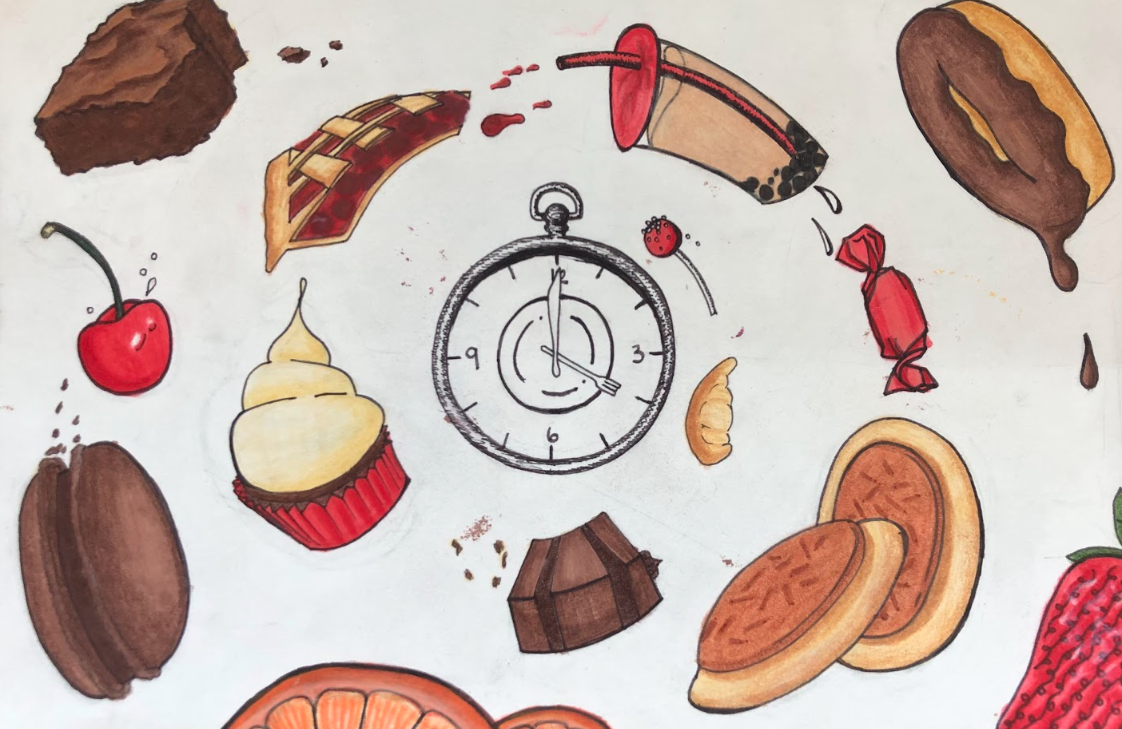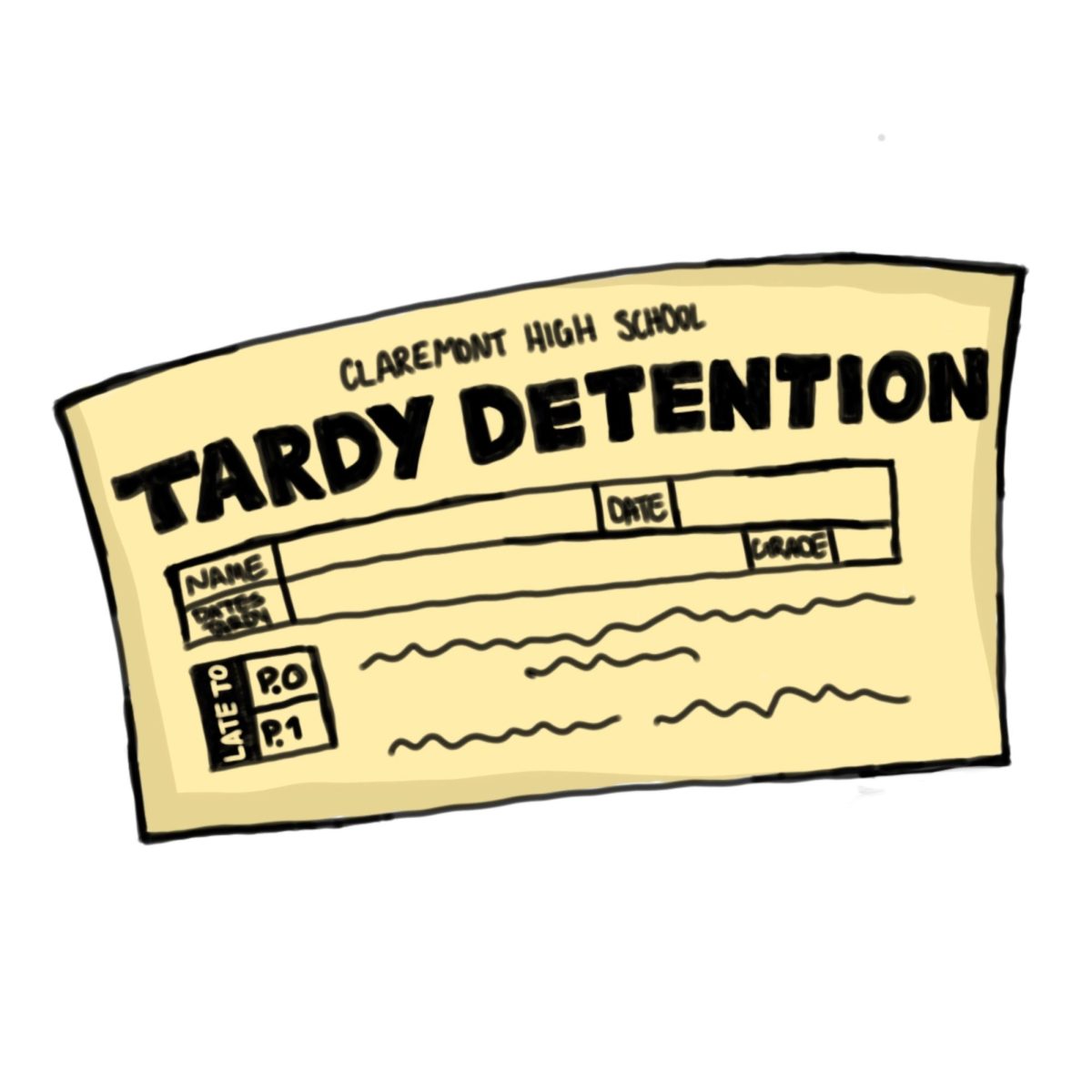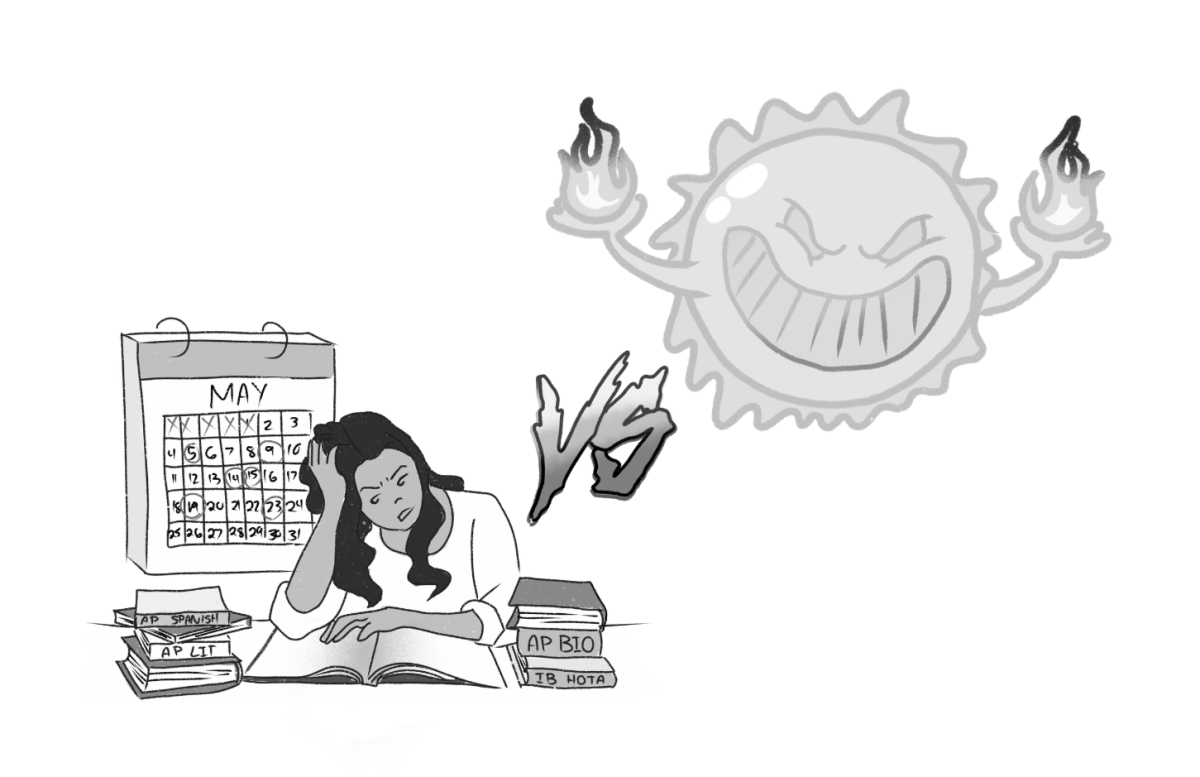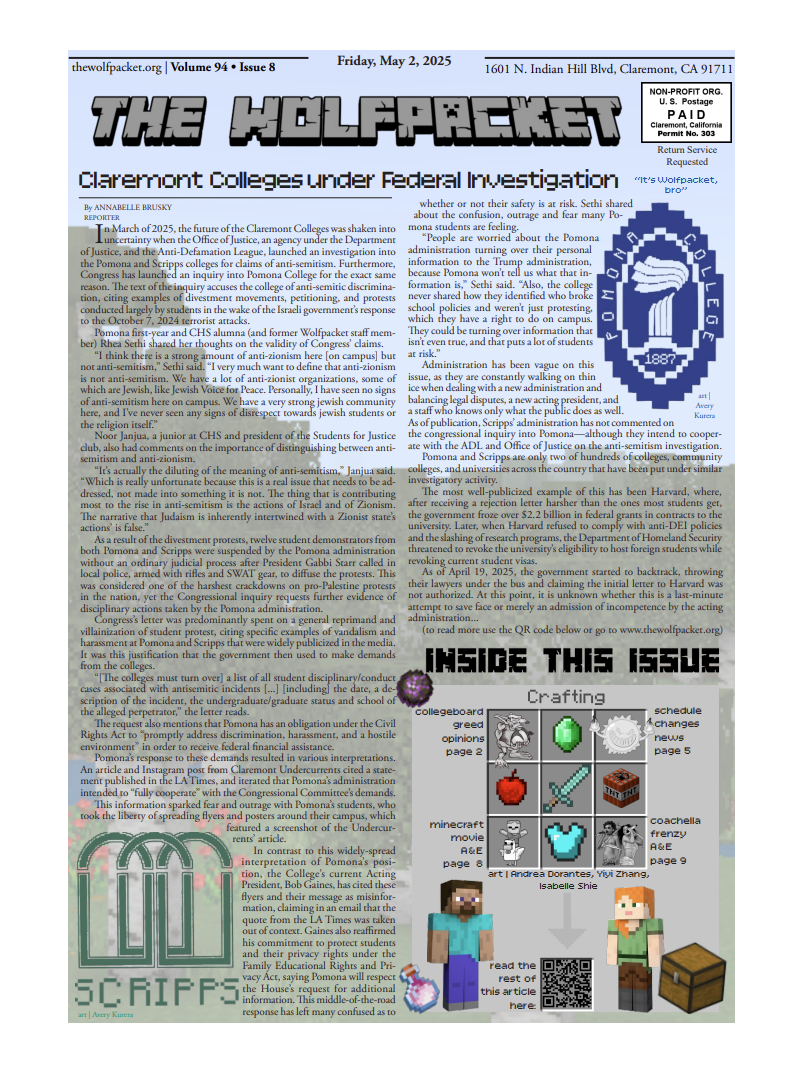As the new school year commences and clubs begin to form, the inevitable need for fundraising arises. Clubs at Claremont High School are self-sustaining and therefore must engage in fundraising activities to support their clubs. With this in mind, many clubs decide to organize food sales to sell to hungry high school students — but are faced with the barrier of food sale restrictions set from last year.
The current policy at CHS is set in place by the California Department of Education. California food sales policies are passed by the state legislature and endorsed by the governor of California. Beginning in 1976, California has initiated competitive food and beverages requirements, starting with governing sales by student organizations. Competitive foods are defined as any food or beverages that are sold to students, on a school campus during the school hoursday outside of federally reimbursable meal programs. Since 2001, a series of state laws, driven by concerns of the obesity epidemic, have shaped how competitive food is sold in California schools.In 2014, schools implemented the U.S. Department of Agriculture (USDA) competitive food regulations, called Smart Snacks in School. These standards are built on goals for advancements in health to ensure that food offered at schools has a perfect balance of taste and nutrition. In January of 2017, California passed Senate Bill 1169 (McGuire) which aligns the state competitive food rules with the federal Smart Snacks in School rule. The current rules encompass a comprehensive approach to food and beverage sales conducted by all groups or individuals, during the school day, on school campus.
The major motivating factor behind the implementation of these regulations is the concerns over the obesity pandemic in California. According to statistics from the State of Childhood Obesity project, 16.3% of children ages 10-17 are overweight or obese in the state of California. The reality of an increase in obesity forces proactive measures to be taken in order to address and mitigate the factors behind this epidemic. In response to these concerns, strict regulations related to food and beverage sales in schools have been implemented. The aim is to promote healthier eating habits and reduce the availability of high-calorie, low-nutrient foods and beverages during school hours. These regulations are part of broader efforts to combat the obesity pandemic and improve the overall health and well-being of California’s students.
Brenda Zarate, CUSD Nutrition Service Director, elaborated on the policy.
“As you can see, there are many regulations school districts must follow to comply with California law,” Zarate said. “The restrictions on what and who can sell items are not in place once it is 30 minutes after the end of the official school day, which for CHS is listed at 3:30 pm. Starting at 4:00 pm, the restrictions do not apply. There is no other way around the law but to wait until 4:00 pm.”
As these restrictions are put in place by the state of California, there does not seem to be any way around this policy. The prevailing approach to addressing these regulations appears to be waiting for a 30-minute period after school when these restrictions no longer apply, and it remains unclear whether this waiting approach is specific to the Claremont Unified School District or is also adopted by other schools across the state.
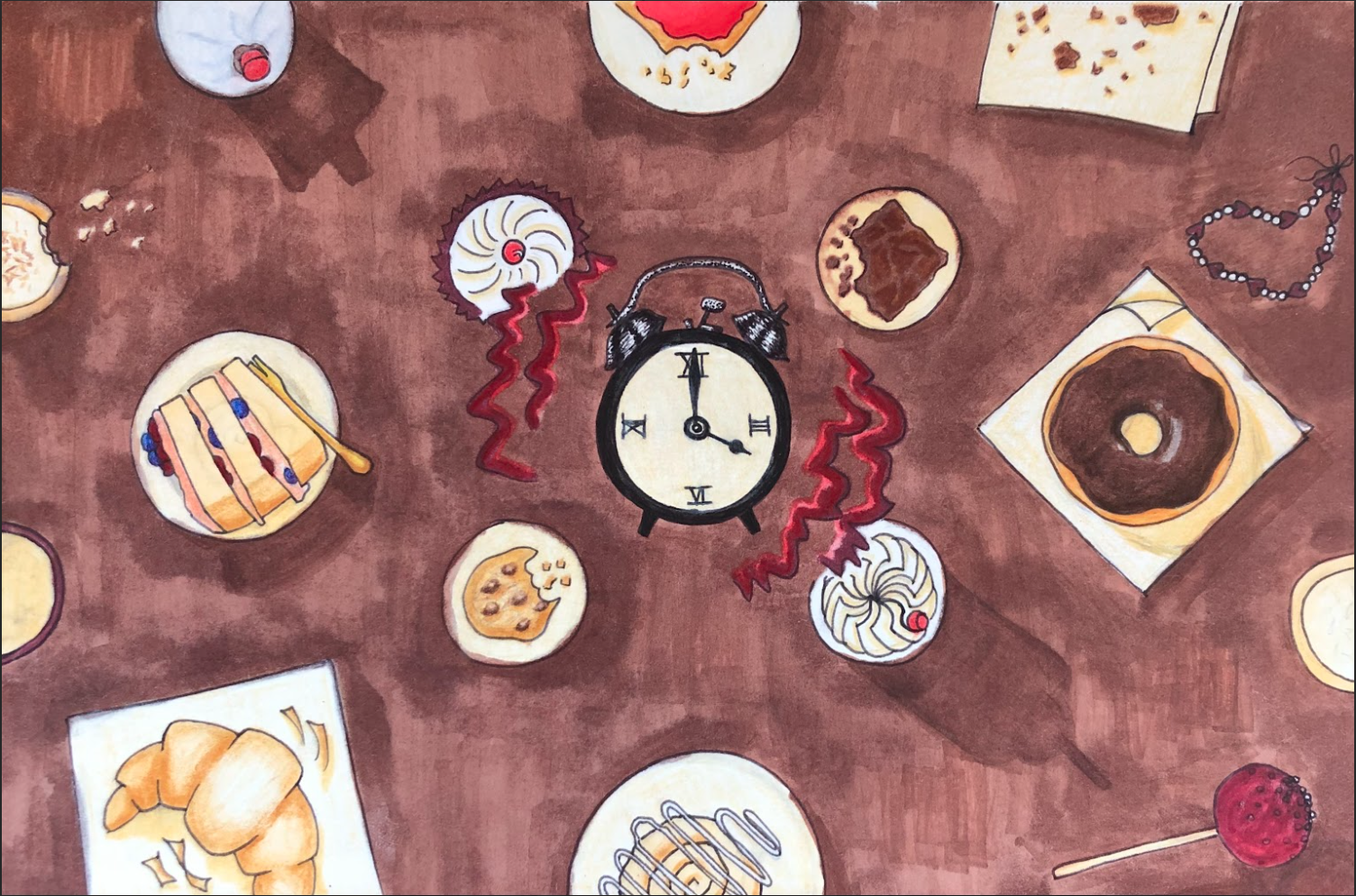
The implementation of this policy has placed numerous clubs in a challenging predicament. Given that school ends at 3:30 and even earlier for those without 5th or 6th periods, not many students are willing to remain on campus for an extended duration solely to buy from bake sales. With this restriction in place, the concern of inadequate profit generation becomes a common problem for many clubs. CHS junior Ian Moore provides his perspective on this policy.
“It’s terrible,” Moore said. “It’s ruining club fundraisers because nobody is going to stay until four just for a club fundraiser — therefore clubs are going to run out of money much more quickly.”
While several clubs are struggling to successfully fundraise with the new Competitive Food regulations in place, others are finding ways to adapt with it. A prime example of this adaptation is German Club’s annual Oktoberfest. Traditionally, Oktoberfest is a German folk festival held to celebrate Bavarian culture in late September. At Claremont High School, students know Oktoberfest as an event put on by the German Club in the central quad during lunch. The purpose is to educate students about the history and culture of Germany through a variety of activities, traditional music, and — possibly the most important for Claremont High School students — food.
In past years, especially before the pandemic, the club sold their authentic German meals at lunch during Oktoberfest. This year, with the competitive food policies now in place, they have chosen to sell all meals at 4pm instead. In preparation for the change of sale times, they advertised for pre-buying the meals and picking them up the day of Oktoberfest at 4pm and even discounted the presales to incentivize people to buy meals. Along with changing pick-up times for meals, they also added a balloon animal booth during the event, which helped to make up for any money lost during the later meal distribution. Although the addition of the booth was not put in this year with the sole purpose of making up for money lost, it did bring in over $100, leaving the club with about the same profit margin as past years. When asked about the policy, both club president Noah Flowers, and vice president Mia Rivas were not against it but agreed had they not prepared the way they did, their income would have been a different result.
“It’s inconvenient, but it’s not impossible,” Flowers said.
The new policy regarding food sales is a result of poor nutrition, restricting sales during the school day to be from state-approved menus and making sure that the food is healthy and nutritious. These sets of rules are a part of efforts to combat the obesity pandemic in children and teens, improving the overall health and well-being of California’s students. As student organizations, both at CHS and across the state, are forced to adapt to raise sufficient funds, the effect of this law only becomes clearer. The future of club fundraisers are changing, but the students of CHS are more than prepared.




